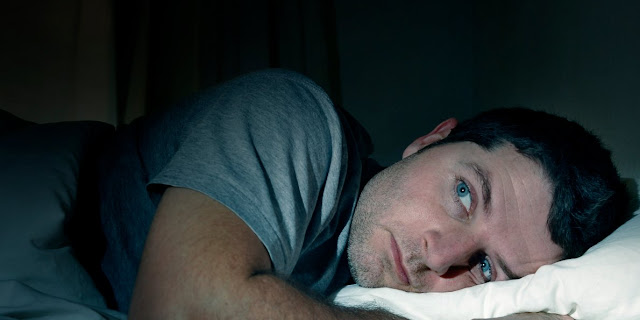Sleep Problems After Burn Injury
It is very common to have sleep problems after a burn accident given that it is so traumatic. It varies from nightmares, insomnia, difficulty staying asleep, and waking too early. This problem even extends longer or becomes permanent. However, we all need a good quality of sleep. It is where we restore energy and tissue which is necessary for burn victims. Thus, poor quality of sleep has some adverse effects on their physical and mental health as well as their recovery.
Here Are Other Effects Of Poor Sleep:
● It makes pain worse.
● It slows down healing of the wound.
● It causes irritability and restlessness.
● An increase in risks of accidents at daytime.
● Depression or low mood.
● Lackness of energy.
● Struggle in concentrating.
● Difficulty in handling stress.
What Causes Sleep Problems After Burn Injury
● Pain
● Itching
● Difficulty in breathing when respiratory passages such as nose and throat are affected by burn injuries.
● Effects of medication to treat burn injuries can sometimes disturb sleep.
● Contractions of tissue as it heals can limit the ability to move causing uneasiness and disturbed sleep.
● Constantly thinking of the burn event.
● Fear of falling asleep to avoid nightmares.
● Urge to remain alerted against threat or paranoia that the burn event could happen again.
● Depression
● Agitation
● Sleep apnea
Treatment Options
Aside from medications such as antidepressants and sleep aids, there are other approaches to resolving sleep problems. Your doctor would ask you about previous sleep problems and other questions to determine the root of your sleeping problems and develop an effective plan to solve it.
1. Sleep Hygiene - It is constructing and following a healthy pattern and make it habitual like the following;
● Setting time for your sleep activities. It should take you no more than 15 minutes to fall asleep or you should do things until you get sleepy such as reading or listening to music.
● You need naps during the first stages of recovery but must lessen as your health gets better as daytime naps could disrupt normal sleep patterns.
● Required naps is essential with the same time every day and less than an hour.
● You should avoid drinks and drugs that have caffeine late at night such as coffee, chocolate, candies, and other sweet products.
● You should not do activities in the evening like watching scary or exciting movies, surfing the web, texting, or playing games.
● As long as it is allowed by your doctor, you should regularly exercise as it reduces anxiety and trouble of sleeping. It should be at least six hours before sleeping if it is a vigorous exercise while mild one should be at least three hours before going to bed.
● Do not go to sleep hungry nor too much full. Light snacks will do to get in the night if you have problem in staying asleep.
● Do not take alcohol together with sleeping medications as it can be risky. You should also consult your doctor if it's good for you to drink some if you want it.
● Avoid any form of nicotine before bedtime as it is a stimulant.
2. Relaxation Training
● Meditation training
● Hypnosis
● Yoga
● Progressive muscle relaxation
3. Light Therapy - A natural cycle called circadian rhythm is wherein body chemicals and hormones alter after 24 hours that triggers drowsing and waking. Thus, when it is disrupted for any reason, it causes sleep issues. Light therapy uses light boxes to imitate daylight along with sleep hygiene to repair the circadian rhythm.
Aside from sleep problems, there are other psychological impacts of burn. No one deserves to suffer from it. Victims should ask a Burn Injury Lawyer to assist them in experiencing those hardships.





Comments
Post a Comment